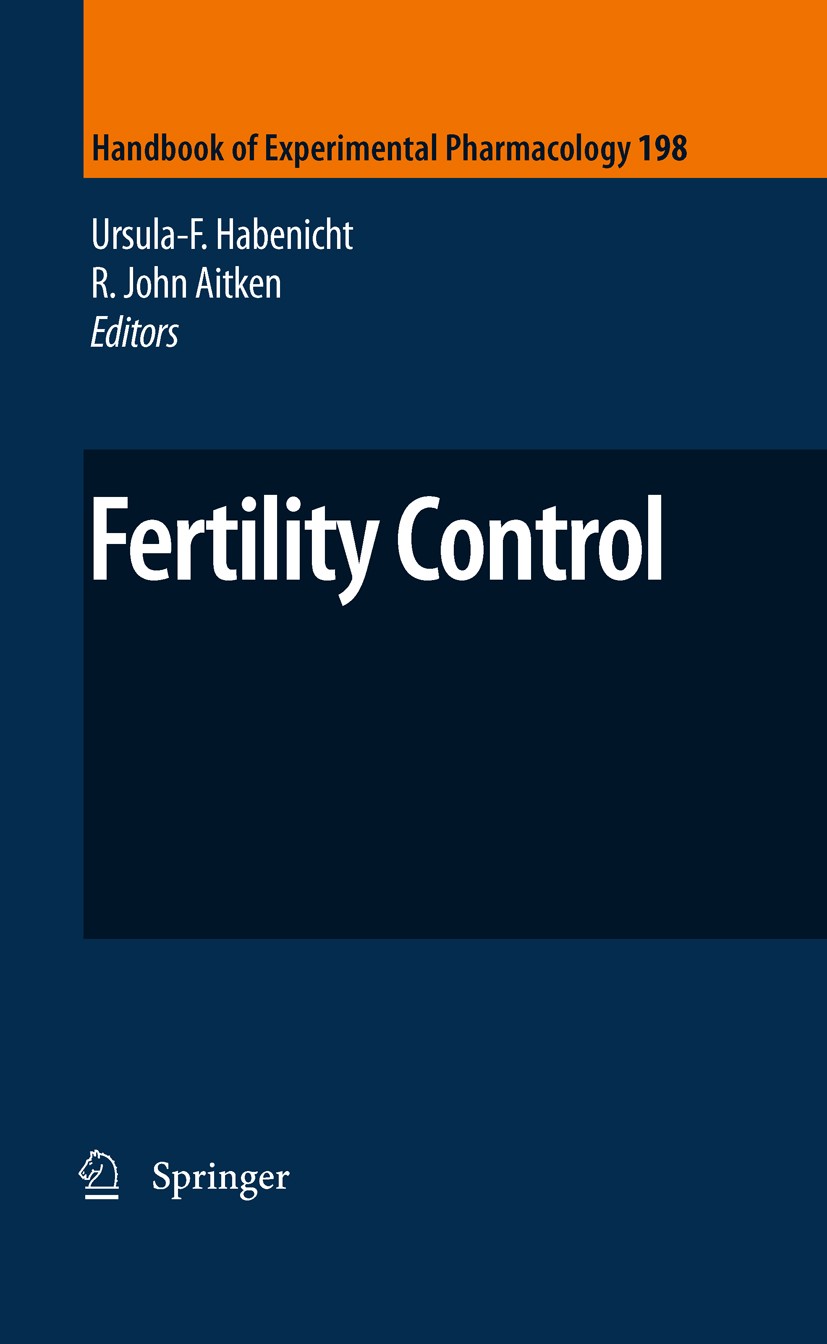| 书目名称 | Fertility Control |
| 编辑 | Ursula-F. Habenicht,R. John Aitken |
| 视频video | http://file.papertrans.cn/343/342186/342186.mp4 |
| 概述 | Our knowledge of reproductive mechanisms has increased dramatically in the recent past and this is an ideal moment to consider the implications of this new knowledge from a contraceptive perspective.T |
| 丛书名称 | Handbook of Experimental Pharmacology |
| 图书封面 |  |
| 描述 | The world’s population is growing at an unsustainable rate. From a baseline ?gure of one billion in 1800, global population is predicted to exceed nine billion by 2050 and 87. 8% of this growth will be localized in less developed countries. Such uneven population growth will yield a harvest of poverty, malnutrition, disease and en- ronmental degradation that will affect us all. Amongst the complex mixture of political, social, cultural and technological changes needed to address this issue, the development of improved methods of fertility regulation will be critical. The inadequacy of current contraceptive technologies is indicated by recent data s- gesting that the contraceptive needs of over 120 million couples go unmet every year. As a direct consequence of this de?cit 38% of pregnancies are unplanned and more than 50% end in an abortion, generating a total of 46 million abortions per annum particularly among teenagers. If safe, effective contraceptives were ava- able to every couple experiencing an unmet family planning need, 1. 5 million lives would be saved each year (UNFPA 2003). Progress in contraceptive technology should not only generate more effective methods of regulati |
| 出版日期 | Book 2010 |
| 关键词 | Embryo; contraception; endocrinology; female reproduction; fertility; male reproduction; physiology |
| 版次 | 1 |
| doi | https://doi.org/10.1007/978-3-642-02062-9 |
| isbn_softcover | 978-3-642-42287-4 |
| isbn_ebook | 978-3-642-02062-9Series ISSN 0171-2004 Series E-ISSN 1865-0325 |
| issn_series | 0171-2004 |
| copyright | Springer-Verlag Berlin Heidelberg 2010 |
 |Archiver|手机版|小黑屋|
派博传思国际
( 京公网安备110108008328)
GMT+8, 2026-2-8 14:40
|Archiver|手机版|小黑屋|
派博传思国际
( 京公网安备110108008328)
GMT+8, 2026-2-8 14:40


